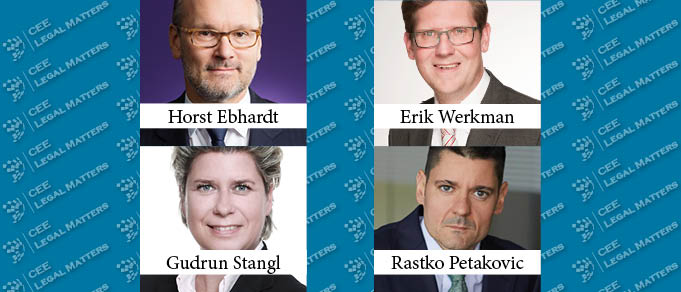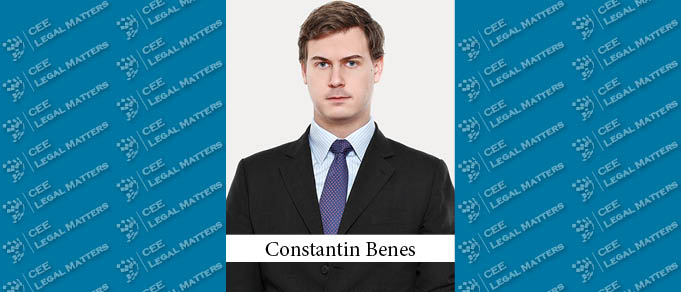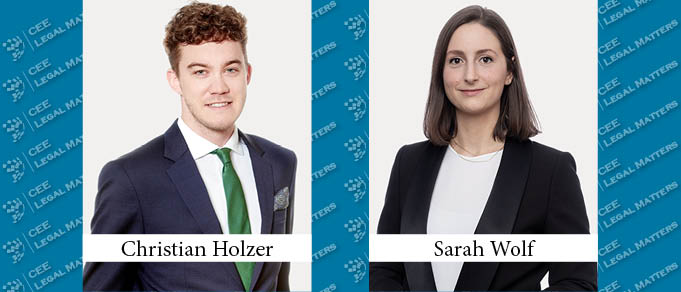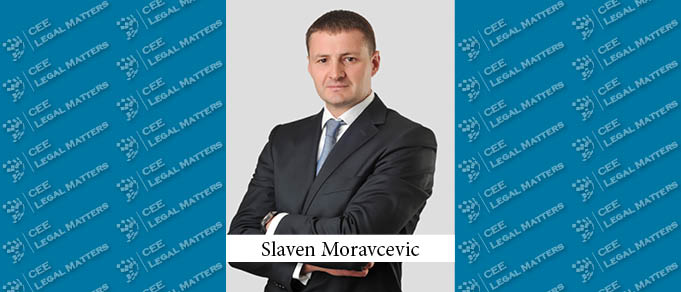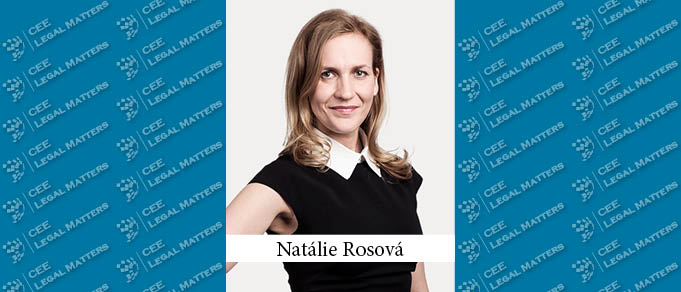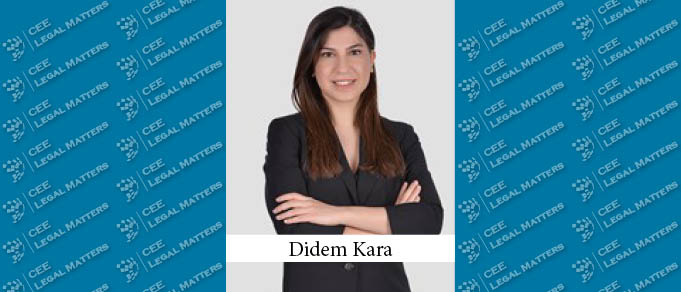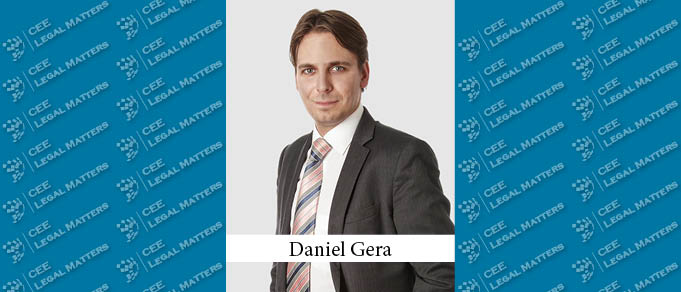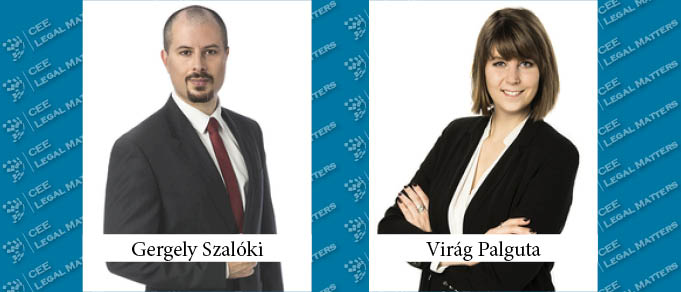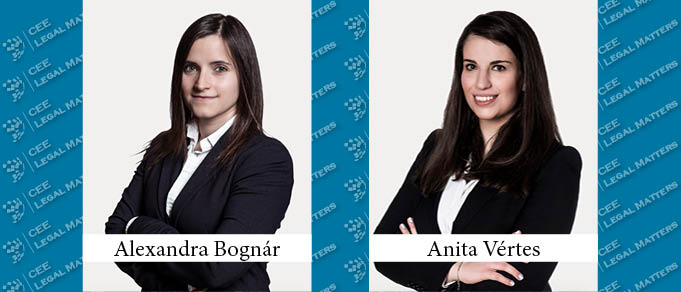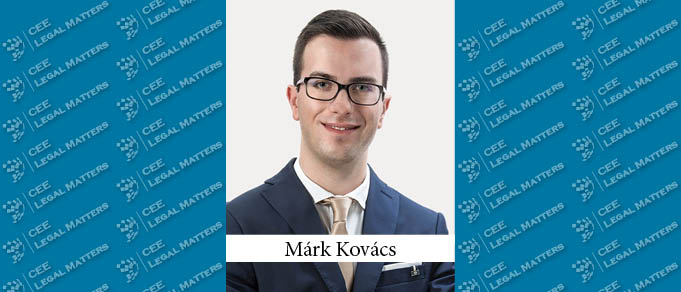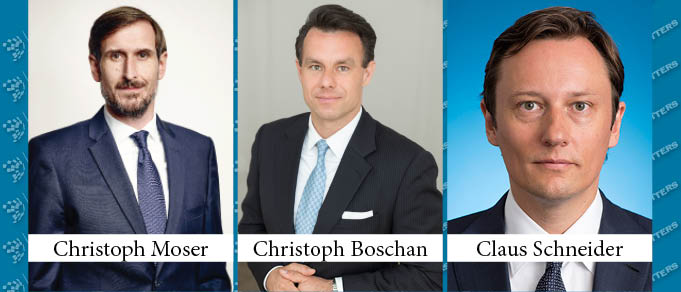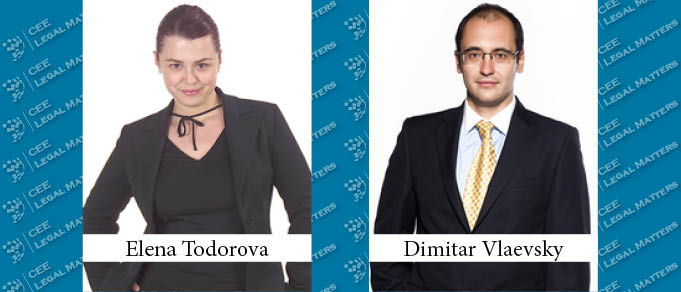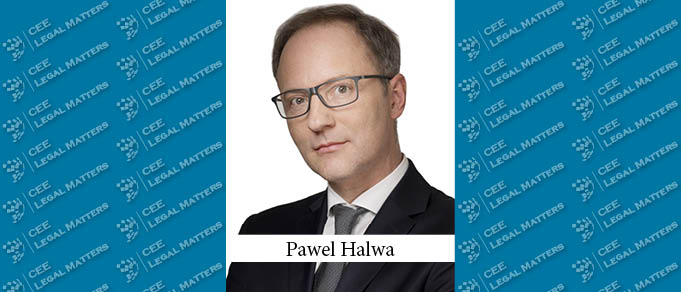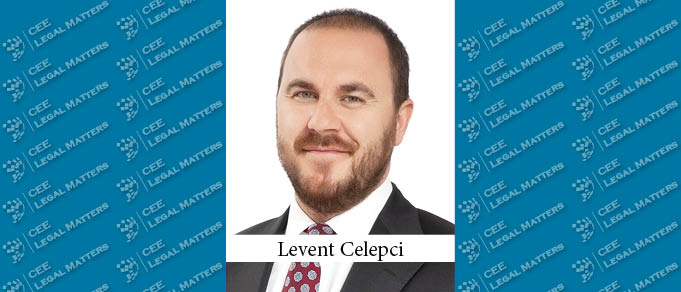In “The Corner Office” we ask Managing Partners at law firms across Central and Eastern Europe about their backgrounds, strategies, and responsibilities. The question this time: “What did you most want to be when you were little?”
A Firm Grasp of the Subject
Annual reports make up a fundamental part of many regional CEE law firms’ marketing strategies, providing those firms with an annual opportunity to demonstrate their knowledge and expertise in a particular area, their geographic footprints, and their ownership and facility with the research and technological tools and manpower necessary for the production of such comprehensive projects.
Blockchain and (Un)Real Estate
Blockchain technology has – so far – not lead to a transfer of the world's land registers onto this technology or to a "tokenization" of title (documents). The only significant exception in this respect is Georgia where a purchaser's title to real property can be registered by execution of a smart contract.
Austria: Supreme Administrative Court Once Again Favours Environmental Organisations
The Supreme Administrative Court is gradually granting more rights to environmental organisations (EOs) in nature conservation procedures. Following a December 2020 ruling of the Supreme Administrative Court regarding the party status of EOs (for further details please see "New ruling expands environmental organisations' rights in nature conservation procedures"), the Supreme Administrative Court remains on course with its pro-EO case law. In recent months, the court has issued several more interesting rulings that seem to strengthen EOs' position in nature conservation proceedings.
The Buzz in Montenegro: An Interview with Slaven Moravcevic of Schoenherr
Even though it’s been a year since its parliamentary elections, the outcome still seems to be the talk of the town and the biggest influence on business in Montenegro, according to Schoenherr Partner Slaven Moravcevic.
Stricter Liability of Statutory Body Members (and Others) in Case of Company Insolvency
The amendment to the Business Corporations Act effective from 1 January of this year (the "Amendment") brings, among other things, a significant change in the liability of members of a statutory body, which will affect the current topic of insolvency.
New Obligation of Shareholders Holding Bearer Shares in Turkish Companies
The government announced a substantial change in bearer shares at the end of 2020, but the details were only finalised in April 2021. According to the new amendment, non-public joint stock companies are now obliged to register shareholders holding bearer shares.
Hot Practice in Hungary: Daniel Gera on Schoenherr's Employment and Privacy Practice in Hungary
While the pandemic negatively affected a plethora of legal practices, this does not seem to be the case with employment and privacy, according to Schoenherr Counsel Daniel Gera who says that it has been the principal driver of work recently.
A New Era in Crowdfunding Begins: The Single European Regulatory Framework
Crowdfunding is a type of intermediation where the service provider operates a platform (e.g. website) open to the public. The purpose of that platform is to match enterprises seeking financing with prospective investors. The enterprises typically receive small amounts of money from many investors (usually natural persons), via lending (lending-based crowdfunding) or investment into shares (investment-based crowdfunding). Some of the best-known crowdfunding platforms are Kickstarter or Indiegogo. By introducing a single European regulatory framework, the uncertain Hungarian legal environment might change, potentially giving a boost to the crowdfunding market.
CRD V Finally Implemented into Austrian Law
A law implementing, among others, Directive (EU) 2019/878 amending Directive (EU) 2013/36 (Capital Requirements Directive - CRD V) has been passed by the Austrian Parliament and Federal Council, and has been published in the Federal Gazette. CRD V (as part of the package together with Regulation (EU) 2019/876 amending Regulation (EU) 575/2013 – CRR II) aims to close regulatory gaps in the existing financial regulatory framework and, while adding prudential measures as to capital requirements, requires certain entities to comply with new licensing obligations.
Coming up Next: UBO Register in Hungary
Hungary was one of the last EU countries to introduce a register of ultimate beneficial owners. While the provisions of the Fourth and Fifth AML Directives were already implemented in the Hungarian AML Act, the technical conditions on the actual operation of the UBO register were only adopted by Act XLIII of 2021 ("UBO Register Act") and are in force as of 22 May 2021.
Non-payment of Capital Contribution in Joint-stock Companies: The Forfeiture Procedure under Turkish Law
Capital commitment is one of the indispensable conditions for becoming a shareholder in a Turkish joint-stock company ("JSC"). Under Turkish law, the main responsibility of a shareholder, whether in the stage of incorporation or capital increase, is to pay the undertaken capital.
Hungary Implemented CDSM and SatCab Directives, Most Rules Effective 1 June 2021
Hungary is one of the first countries in CEE to fully implement Directive 2019/790 on Copyright in the Digital Single Market ("CDSM Directive") and Directive 2019/789 ("SatCab 2.0 Directive"). The so-called "Copyright Reform Act" (Act XXXVII of 2021) was published in the Official Gazette on 6 May 2021, and the majority of the new rules will be effective as of 1 June 2021.
A Lasting Legacy: The Vienna Stock Exchange Celebrates its 250th Anniversary
The Vienna Stock Exchange was founded in 1771, during the reign of Empress Maria Theresa. Initially launched as a market for state-issued bonds – only bonds, bills of exchange, and foreign currencies could be traded – it expanded rapidly. In 1818, the Austrian central bank – which had itself been founded only two years earlier – became the first joint-stock company to be listed on the exchange (and one of the first shareholders was Ludwig van Beethoven, who bought eight shares in 1819). In 1863, the Suez Canal Company had become the first foreign company to be listed on the Vienna Stock Exchange, and in 1865, there was a further foreign listing with premium bonds issued to fund Turkish railway lines (“Turkenlose”). When the Frankfurter Bankverein applied for a listing of the Turkenlose bonds on the VSE, the Exchange Chamber decided to introduce rules for the admission of foreign securities, and thus, in 1873, the “Italian bond” became the first official foreign listing by means of a formal application. In December 1997, the Vienna Stock Exchange Chamber was merged with the Austrian Futures and Options Exchange to form a new exchange operating company, Wiener Borse AG, and in subsequent years the business spectrum of the Vienna Stock Exchange broadened to include market data dissemination and index calculation as well as IT services and central securities depository services.
Bulgaria: Tendencies Observed in the Last 12 Months and Expectations for 2021
Unsurprisingly, 2020 saw a reduction in the A-listers on the Bulgarian real estate market, including investors in office, retail, and hospitality properties. The lockdown sent IT companies, which had been dictating the local office space market, into home office. The future of commercial and entertainment properties like shopping malls, cinemas, concert venues, and sports arenas remains uncertain – but tourism remains the hardest hit.
An Unusual Year in Review: Our Annual Expert Round Table
On December 15, 2020 CEELM gathered legal experts from across the region for its annual Year-in-Review Round Table conversation. In a wide-ranging discussion, participants shared opinions and perspectives on their markets, on strong (and less-strong) practices across the region, and the effect of the COVID-19 crisis on both, as well as on how technology is changing the legal industry, and what the industry will look like in 2021.
Polish M&A Market – Times Are Changing
Looking back at 2020, one can draw some conclusions and identify some trends in the Polish transactional market likely to stay with us in 2021.
Turkey: New Instruments in Debt Capital Markets – Secured Debt Instruments and The Security Agent
2020 was a busy year for the legislator in relation to the Turkish Capital Markets. An amendment made in the Turkish Capital Markets Law (CML) at the beginning of 2020 introduced several elements, including a Security Agent, into Turkish law. And then the pandemic hit, making the trust factor in regard to assets even more crucial than it was before. In times of uncertainty, the Security Agent may be invited to play a greater role.


